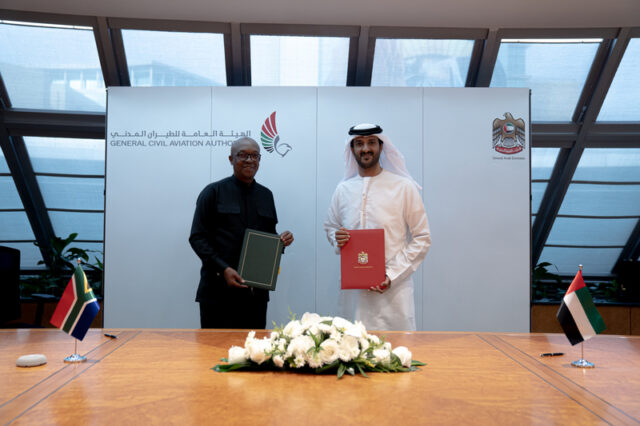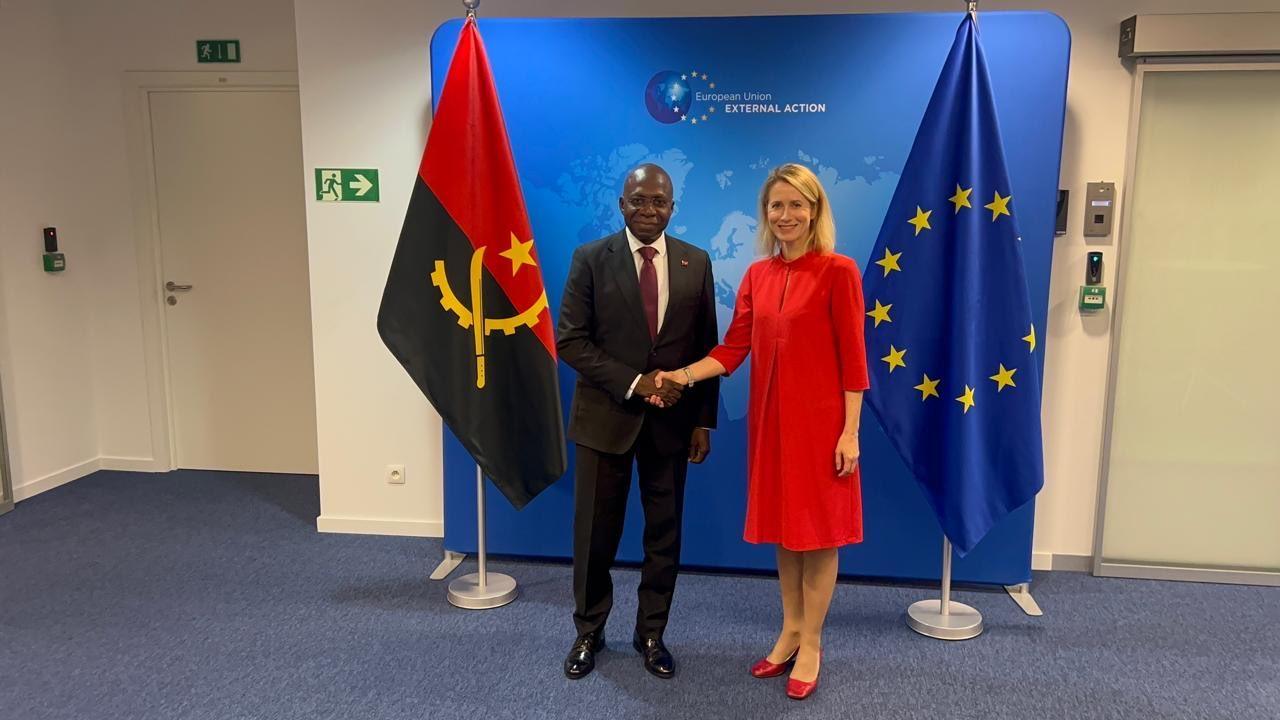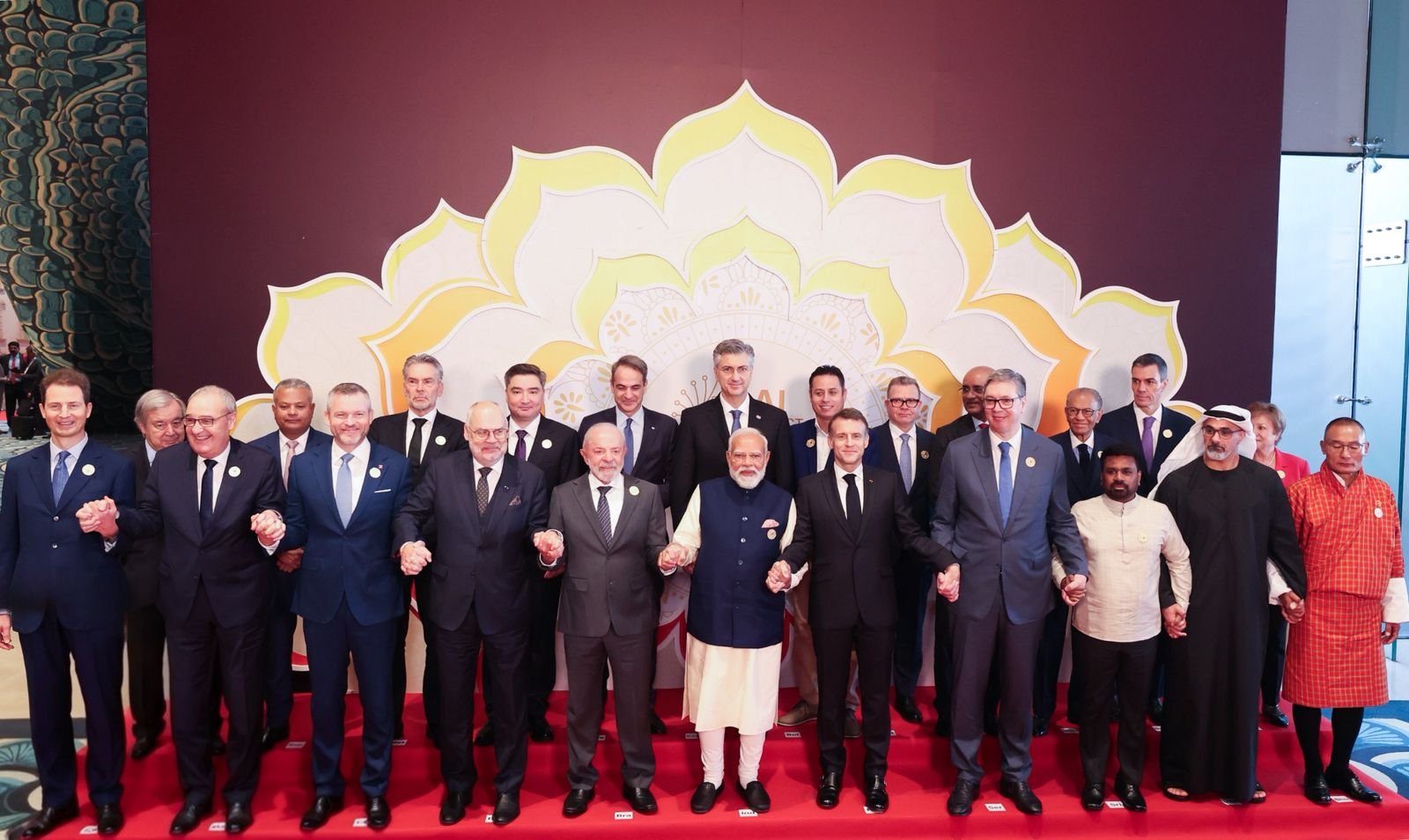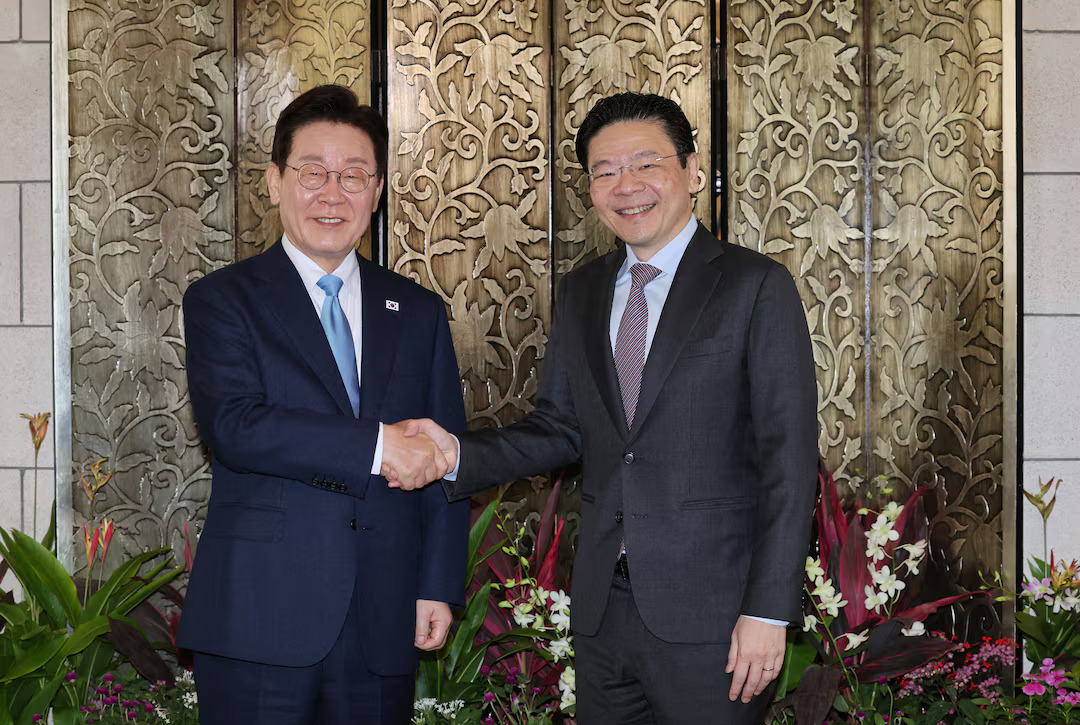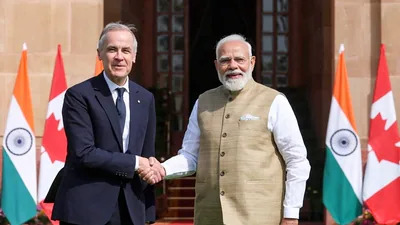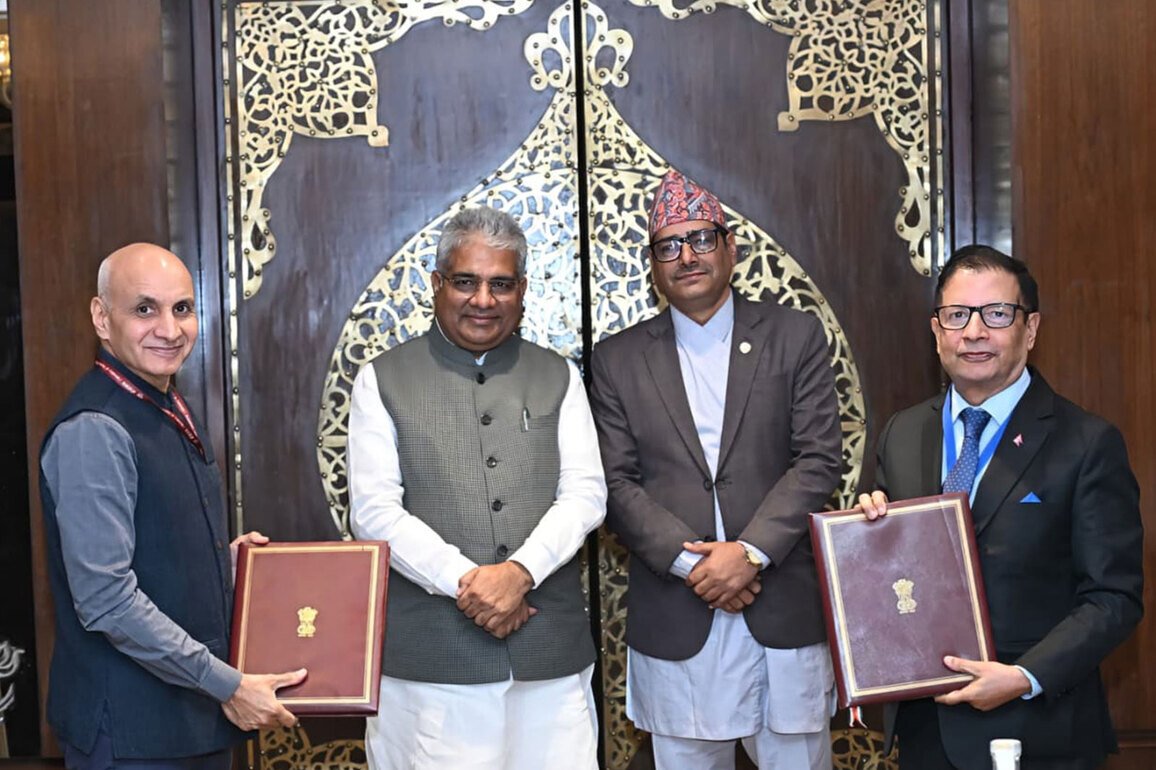The United Arab Emirates and South Africa have signed a renewed Air Services Agreement that both governments describe as a major step forward in strengthening relations, widening economic cooperation, and improving travel links between the two nations. The signing ceremony, held at the UAE’s General Civil Aviation Authority (GCAA) regional office in Dubai, brought together senior officials from both sides. Among them were His Excellency Abdulla bin Touq Al Marri, the UAE’s Minister of Economy and Tourism and Chairman of the GCAA’s Board of Directors, and His Excellency Parks Tau, South Africa’s Minister of Trade, Industry, and Competition. Their presence underscored the significance both governments place on aviation as a driver of economic partnership.
The updated agreement builds upon the original framework established in 2001, widening the scope for more direct flights and greater capacity between the UAE and South Africa. Officials say the enhanced arrangement will make it easier for travellers and businesses to move between the two countries, opening the door to deeper commercial, cultural, and tourism exchanges. Speaking at the ceremony, Al Marri highlighted the enduring nature of cooperation between the UAE and South Africa in the aviation sector, noting that previous agreements have already played a vital role in facilitating trade, tourism, and people-to-people engagement. The latest amendment, he said, represents a continued commitment to expanding connectivity and strengthening the economic partnership.
The announcement comes at a pivotal moment for global aviation, with many countries seeking to rebuild and modernise air links in the aftermath of the pandemic. For the UAE—home to major international carriers and well-established aviation infrastructure—the agreement reinforces its ambition to maintain its position as a global hub where East and West converge. Airlines based in the Emirates, including Emirates and Flydubai, are expected to benefit from the increased opportunities for additional flights and capacity on routes to South Africa. In turn, passengers will gain access to more convenient travel options and improved links across Africa, the Middle East, and Asia.
South Africa, too, stands to gain from the expanded connectivity. Tourism, trade, and business travel are all expected to receive a lift, with officials hopeful that improved access will support key sectors of the South African economy. Rising demand for travel linked to leisure, business, and major sporting events is likely to add further momentum. The agreement dovetails with the UAE’s wider strategy of deepening economic and diplomatic ties with African nations. South Africa, one of the continent’s most influential economies, plays a central role in these efforts. Enhancing air connectivity, both governments suggest, offers a practical route to strengthening long-term cooperation. Today, the two countries are connected by 56 flights each week—a figure expected to rise as the revised agreement is implemented. Industry leaders believe that more choice for travellers, coupled with improved cargo capacity, will help stimulate investment, tourism, and cultural exchange.
As both nations look ahead, the expanded Air Services Agreement stands as a marker of shared ambition: a commitment to building a more resilient, accessible, and globally integrated aviation network. It signals a future in which people and businesses can move more freely between the UAE and South Africa, forging deeper ties and unlocking new opportunities on both sides.

